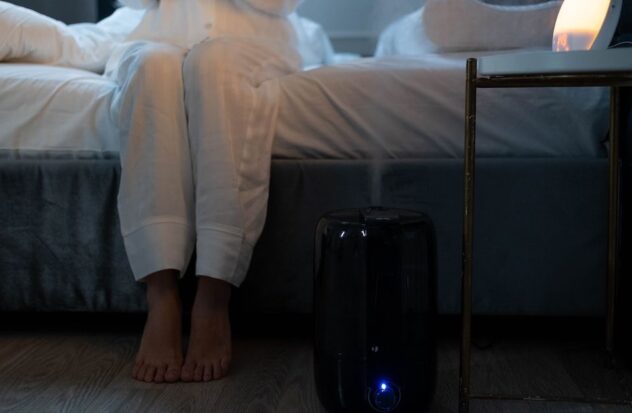MIAMI.- About 12 percent of American adults struggle to sleep due to chronic insomnia, according to a recent survey by the American Academy of Sleep Medicine (AASM).
Insomnia is the most common sleep disorder and can be caused by a number of factors, including stress, life events or habits that disrupt sleep. It is estimated that when it is chronic, it affects 10% of the general population.
Lack of sleep can lead to daytime sleepiness, fatigue, irritability and difficulty concentrating, as people need seven to nine hours of sleep. Yet, one in three American adults gets less than seven hours of sleep, according to the Centers for Disease Control and Prevention (CDC).
According to the AASM survey that analyzed the sleep habits of 2,006 adults across the United States, one in eight respondents said they suffer from chronic insomnia, which prevents them from getting restful sleep.
The research also found that 13% of men in the study were slightly more likely to have the disorder than women, who were 11%.
Teenagers, on the other hand, were most likely to suffer from this condition that prevents them from falling asleep at night, at 15%, according to the survey, which was conducted online between May 16 and 24.
The analysis showed that residents in the western part of the country were the most likely to report a diagnosis of insomnia at 14%, while those living in the Midwest reported having a lower incidence at 10%.
Although there is no single cause of insomnia, experts say it can harm physical, mental and emotional health, leading to increased risks of depression, anxiety, substance abuse and car accidents. It also contributes to the development of diseases such as Alzheimer’s and type 2 diabetes.
A person’s family history, age, and sex can also influence their susceptibility to long-term insomnia.
Cognitive behavioral therapy
As for treatment, they explained that the most effective treatment for chronic insomnia is cognitive behavioral therapy, “which combines behavioral strategies, such as establishing a consistent sleep schedule and getting out of bed when you have difficulty sleeping.”
This method involves thinking strategies that include “replacing fears about insomnia with more helpful expectations. While six to eight sessions are typical for treating insomnia, some patients improve more quickly.”
“Fortunately, there are effective treatment options for those living with chronic insomnia, and these treatments can significantly improve both the health and quality of life of these individuals,” said Dr. Eric Olson, president of the AASM.
Some of the experts’ tips for getting to sleep quickly include meditation, deep breathing and progressive muscle relaxation. In addition, you should try to get the same number of hours of sleep on workdays and non-workdays.
Other recommendations to counteract sleep deficit include exercising, avoiding napping, avoiding drinking coffee and alcohol before bed, keeping smartphones and other electronic devices out of the bedroom, or taking a hot bath.
@Lydr05
Source: With information from the American Academy of Sleep Medicine and Health Day






